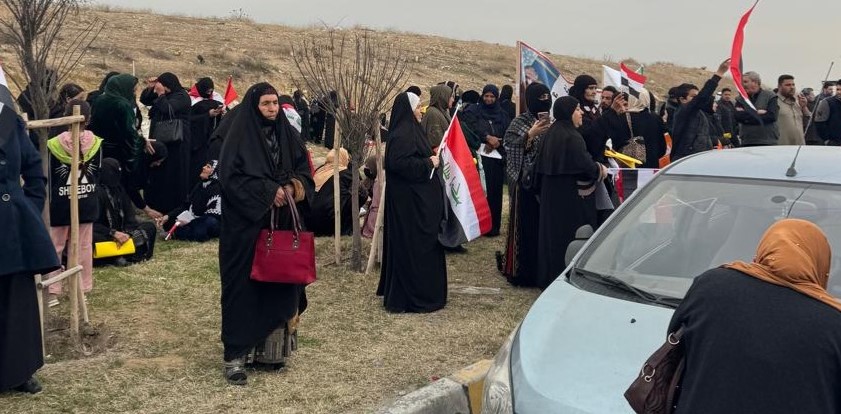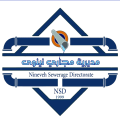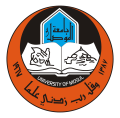Hundreds of relatives of detainees and convicts in the city of Mosul in Nineveh Governorate held a gathering to express their joy at the approval of the amendment to the general amnesty law, demanding the acceleration of the implementation of its provisions.
Umm Mahmoud, one of the participants in the gathering, said near the southern gate of Mosul: “Two of my sons were arrested years ago on false charges, and I hope that the passage of the law will be a gateway to their release.”
She added, “My family is facing great suffering in meeting my sons who are detained and convicted on terrorism charges,” calling on the Iraqi government, parliament and judiciary to “look with mercy and compassion at the demands and appeals of the families of the detainees in order to release them soon.”
For his part, MP Taleb Al-Maamari, who participated in the gathering, said, “Many MPs have taken it upon themselves to follow up on the implementation of the amnesty law.”
Al-Maamari stressed that “the amnesty law has become a reality and will be implemented soon to provide justice to the wronged convicts and detainees,” noting that “the representatives will follow up on the implementation of the amnesty with the concerned authorities to ensure the release of the innocent and those who deserve to be included in the law.”
He pointed out that “Nineveh’s representatives have many obligations after the general amnesty, including the governorate’s obligations, the construction file on the lands, political interference in the elections, and other obligations.”
Last Tuesday, the House of Representatives approved three controversial laws: amending the general amnesty law, amending the personal status law, and the law to return properties to their owners in Kirkuk.
The general amnesty law is one of the most prominent demands of the Sunni blocs, and it was included in the political agreement paper of the State Administration Coalition, when the current government was formed.






